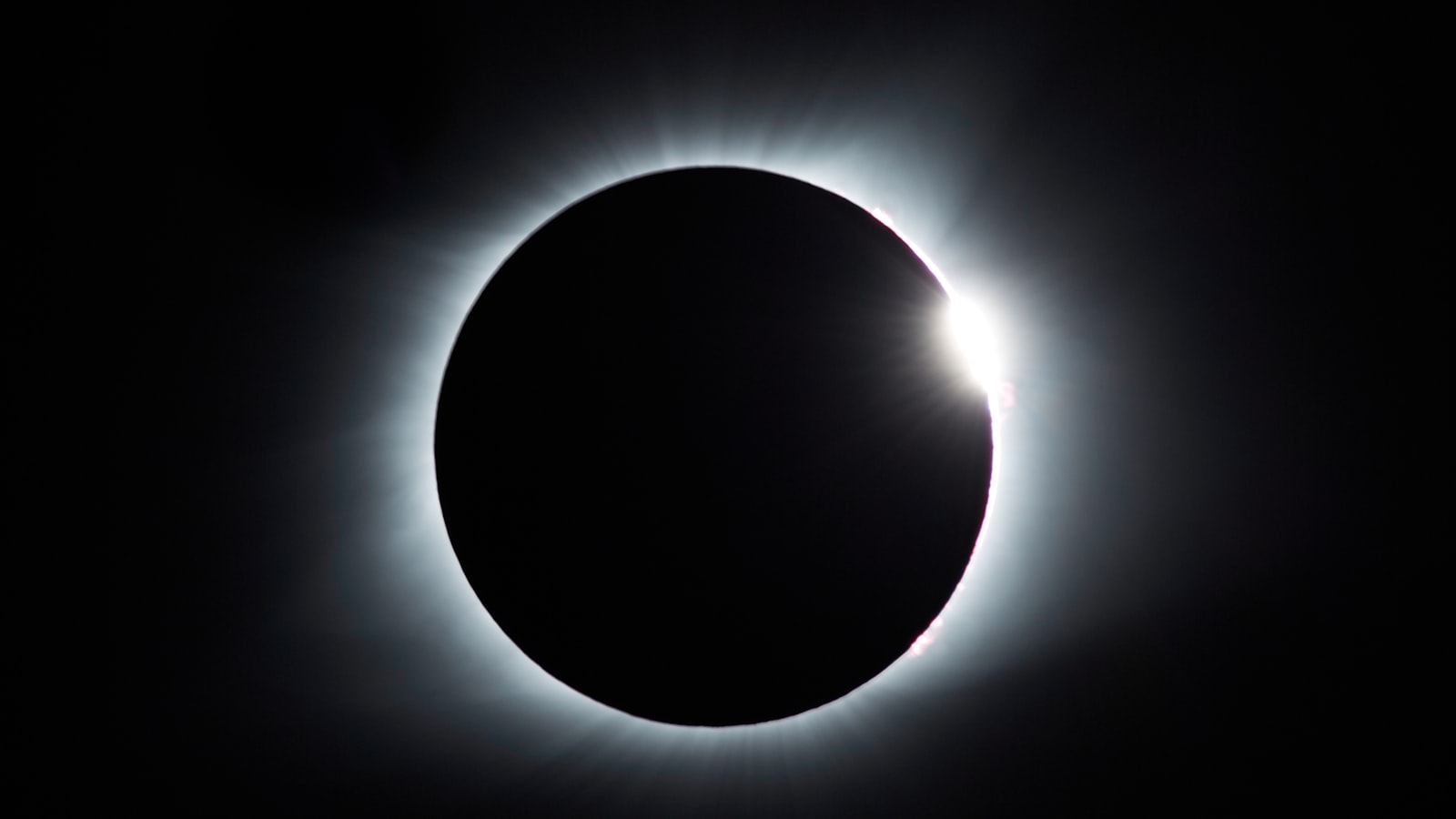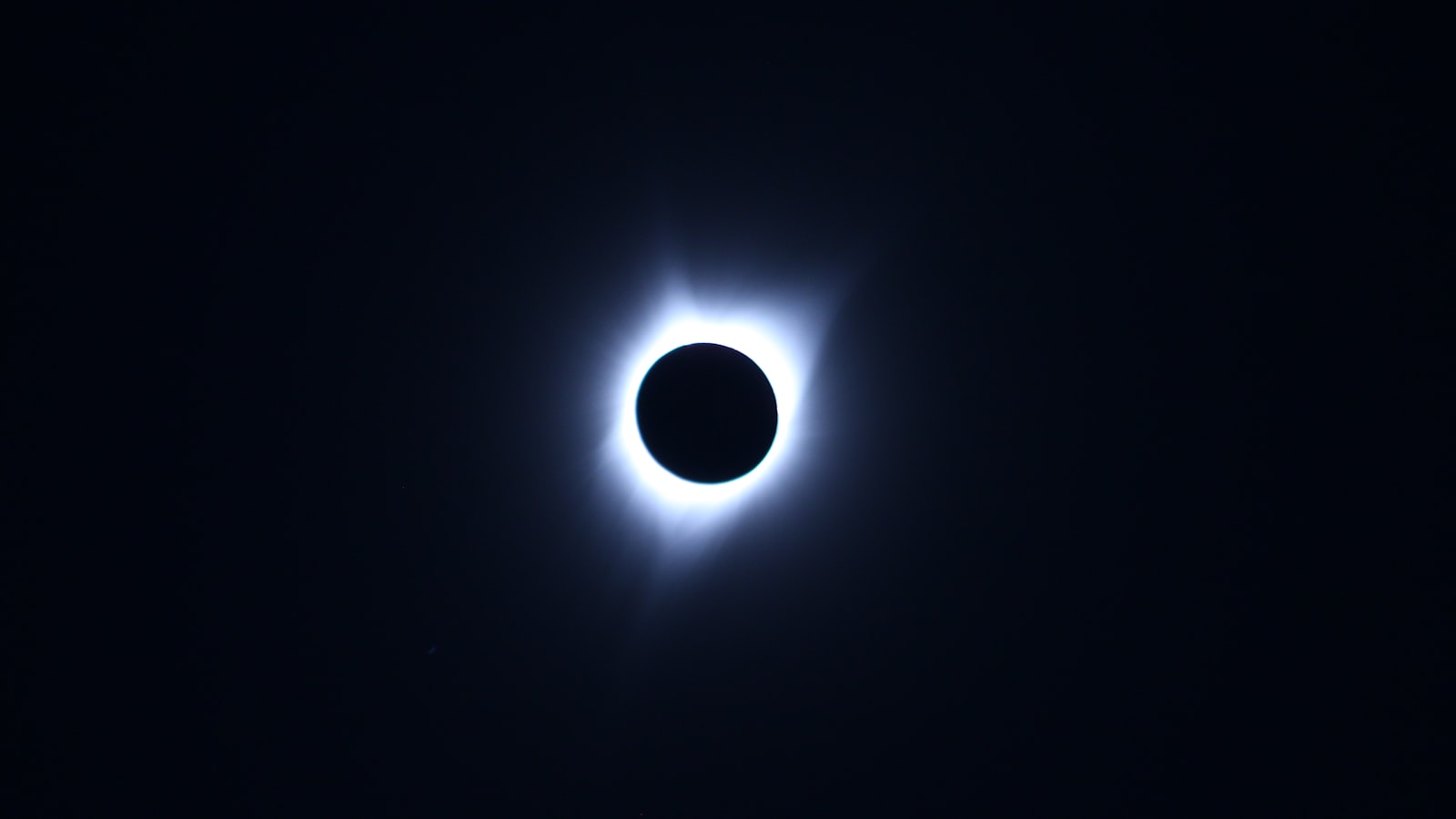Have you ever felt a strange, almost mystical pull during a solar eclipse? The suspense as the moon dances over the sun, casting a shadow unlike any other… It's not just a celestial phenomenon; it may tug at the very fabric of our minds. In this exploration into the psychological effects of solar eclipses, we will uncover the historical significance, modern interpretations, and, most importantly, how this grand event in the sky can echo within the chambers of our mental health.
Solar eclipses have been recorded and revered by civilizations across the eons. The ancient Chinese believed that a celestial dragon was consuming the sun, while the Vikings saw it as wolves chasing celestial bodies. But beyond the myths and the awe-inspiring views, there lies a deeper connection between solar eclipses and our psychological state.

The Historical Mystique
In ancient times, solar eclipses were often seen as omens, harbingers of doom, or divine messages. These beliefs were not without consequence to the psyche of entire populations, as fear and wonder took hold of their hearts. However, in contemporary society, does the experience of a solar eclipse still impact our mental health? Let's delve into the shadows and find out.
Modern Day Perceptions
Today, with a better understanding of celestial mechanics, the fear surrounding eclipses has largely dissipated. Yet, the fascination remains, and along with it, a host of psychological sensations. Some report feelings of unity and oneness during an eclipse, while others experience a profound sense of existential rumination.
Anecdotal evidence and a handful of studies hint at the psychological impact of solar eclipses. From feelings of awe and wonder to existential anxiety, the eclipse seems to hold power over the psyche.
Experiencing Awe
The immense scale of a solar eclipse can elicit a strong emotional response. This transcendent feeling of awe can decrease our focus on individual concerns, expanding our perception of time and increasing our connection with others. A rare moment when we are vividly reminded of our place in the cosmos.
Eclipses and Existentialism
Some may find themselves contemplating their existence during an eclipse. This celestial event can evoke feelings of the sublime, stirring the deeper thoughts that often lie dormant beneath the hustle and bustle of everyday life.
While solar eclipses can provoke a myriad of psychological reactions, there is potential for positive impacts on mental health.
Increased Social Connection
Gathering with others to witness the spectacle of an eclipse can enhance feelings of community and shared experience. These social bonds are vital for mental wellness, offering support and reducing feelings of isolation.
Mindfulness and Meditation
The rarity of a solar eclipse makes it a perfect opportunity for mindfulness. Observing the gradual changes in natural light and the quiet hush that can fall over the landscape is almost meditative, encouraging a state of calm reflection.
Not all psychological effects of solar eclipses are positive. For some, the disruption of the expected day-night cycle can be unsettling, leading to unease and anxiety. This is akin to a cosmic version of the fear of the dark, where the unknown stirs a primal disquiet within us.
Coping with Eclipse-Induced Anxiety
For those who find eclipses inducing more anxiety than awe, it's important to engage in self-care and grounding techniques. Simple actions like deep breathing exercises or sharing the experience with others can mitigate the apprehension felt during this natural event.
Whether you're an avid eclipse chaser or someone who appreciates the beauty from afar, staying informed about upcoming solar eclipses is key. Eclipse-Timer.com is an incredible tool that can keep you updated on the precise time and date of solar eclipses around the world. With this tool, you can plan ahead to experience the next solar spectacle with mindfulness, community, and a spirit of adventure.

The effects of a solar eclipse can linger, influencing mood and perspective. It's a reminder of the beauty and impermanence of life, often providing a poignant moment to reflect upon after the event has passed. This can provide a mental health boost, a uniquely inspired state of mind that can last for days or even weeks.
- Totality Cool: During a total solar eclipse, the temperature can drop by as much as 20 degrees Fahrenheit.
- Animal Reactions: Animals often behave as if twilight has fallen, with birds retreating to roost and nocturnal creatures stirring.
- Shadow Bands: Just before totality, shimmering waves of light and shadow can be seen on the ground, known as shadow bands.
Curious about how solar eclipses have influenced you or others you know? Have you ever felt an unexpected emotional response during an eclipse? Share your stories and join the conversation below.
- Discover how solar eclipses can affect mental health and why these cosmic events fascinate us both historically and today.
- Embrace the community aspect of eclipse watching for mental wellness benefits.
- Utilize Eclipse-Timer.com to stay informed and ready for the next eclipse, wherever you may be.
As we conclude our journey through the shadows and light of solar eclipses and their impact on mental health, remember that each eclipse offers a unique opportunity for reflection, connection, and personal growth. As the moon momentarily obscures the sun, may we all find a moment of stillness to consider the profound influence of the cosmos on our inner lives. And when the next eclipse comes, greet it not with trepidation, but with the joyous anticipation of a rare and shared human experience. 🌑🌞
Tell us, are you preparing for the next solar eclipse? How does the anticipation make you feel? Is it a tickle of curiosity, a tingle of excitement, or a profound sense of connection with the universe? Whatever it is, let's count down to the next celestial show together!
It's not just the stars that align during an eclipse—sometimes, it's also our thoughts and emotions. Until the next shadow crosses our sun, keep looking up and within.



















